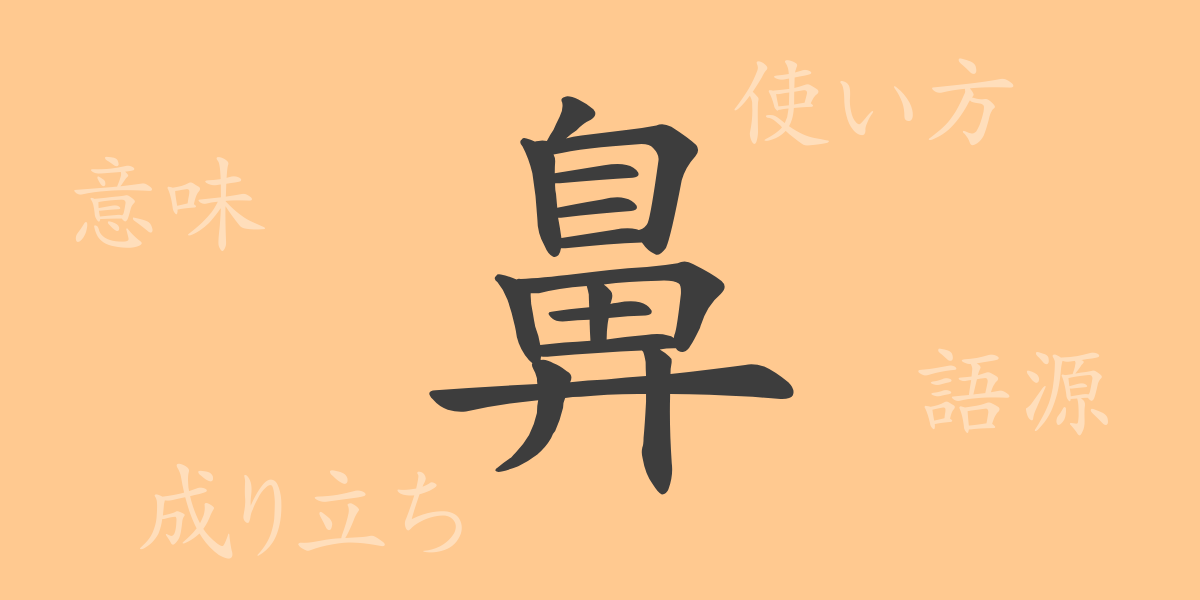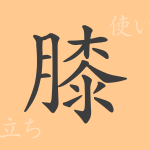The “nose” (はな, hana) that sits at the center of our face is not merely an organ for breathing. It plays a significant role in expressing emotions, serves as a health barometer, and highlights individuality, making its presence immeasurable. In this article, we will explore intriguing facts about the nose, the origins, meanings, and usage of the familiar Japanese kanji “鼻” (はな, hana), and delve into idioms and proverbs that shape the rich culture.
Origin of the Nose (語源, gogen)
The origin of the kanji “鼻” (はな, hana) traces back to ancient China. As a pictogram, it represented the protruding part located in the center of a person’s face. Over time, this kanji came to refer to the act of “smelling” and the organ that senses “smells,” eventually settling into its current form and meaning.
Meaning and Usage of the Nose
The nose (はな, hana) is a protruding part located at the center of the face, playing a crucial role in breathing and the sense of smell. Additionally, as seen in expressions like “鼻が高い” (はながたかい, hanagatakai), which means “to be proud,” it symbolizes pride and self-esteem. Furthermore, it is often used metaphorically to describe a person’s appearance or character.
Reading, Stroke Count, and Radical of the Nose
The kanji “鼻” (はな, hana) is registered in the list of commonly used kanji in Japan and is deeply ingrained in our daily lives.
- Reading: In on’yomi (音読み, onyomi), it is read as “ビ” (び, bi), and in kun’yomi (訓読み, kunyomi), it is read as “はな” (はな, hana).
- Stroke Count: The kanji “鼻” (はな, hana) has 14 strokes.
- Radical: The radical of “鼻” (はな, hana) is “自” (じ, ji), and it is classified under the 自部 (じぶ, jibu) category.
Idioms, Proverbs, and Phrases Using the Nose
In Japanese, there are many idioms, proverbs, and phrases that use “鼻” (はな, hana). For example, “鼻が高い” (はながたかい, hanagatakai) expresses pride when one’s child or relative accomplishes something remarkable. Additionally, “鼻にかける” (はなにかける, hananikakeru) means to boast, and “鼻をあかす” (はなをあかす, hanawoakasu) means to outsmart someone. These expressions indicate that the nose is deeply related to personal pride and social status.
Summary of the Nose
The kanji “鼻” (はな, hana) functions not only as a physical characteristic but also as a cultural symbol. In daily Japanese conversations, literature, and proverbs, “鼻” (はな, hana) holds various meanings and is used to express emotions and social relationships. Through this exploration, we have glimpsed the rich history and cultural background that a single character, “鼻” (はな, hana), possesses.

























